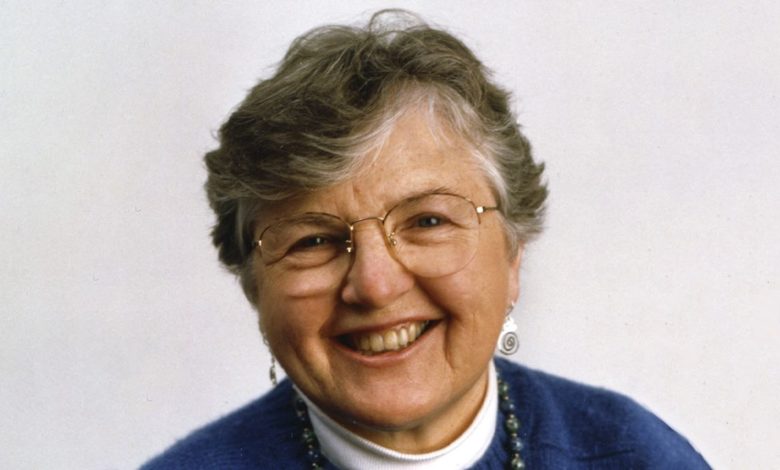
IEEE will present the IEEE Frances E. Allen Medal for the first time at the 2022 IEEE Honors Ceremony. IBM sponsors this medal. “Fran,” as she is known, was also an IEEE Fellow, an ACM Fellow, and the first woman to receive the Turing Award for her work in high-performance computing.
The Allen Medal recognizes innovative work in computing leading to lasting impact on other fields of engineering, technology, or science and may be awarded to an individual or to a team of recipients or multiple recipients up to three in number. The prize consists of a gold medal, bronze replica, a certificate, and a cash prize. Nominations for this award will open in December 2020.
Here’s what some of Fran’s colleagues had to say about her…“Fran was a savant not only with regard to her own accomplishments, but also in knowing how to help a researcher who was stuck on a problem. Many times when I needed advice or guidance, I knew I could count on a conversation with Fran to clear my thinking and increase my focus. She cared so much about all whom she mentored, fostering in us a keen appreciation for diligence, hard work, and perseverance.” —Prof. Ron K. Cytron “It was great to hear that IEEE has established a medal in honor of Fran Allen. I was fortunate to have had Fran as a mentor ever since I started my career at IBM Research in 1987, and I recall her passion for undertaking research with the potential of broad and sustained impact. This medal’s focus on computing innovation with lasting impact on STEM disciplines is a fitting tribute to Fran and her legacy.” —Prof. Vivek Sarkar |
About Fran
Fran attended the New York State College for Teachers (now the State University of New York at Albany) and earned a Bachelor’s degree in mathematics with a minor in physics. She taught for two years at the same high school she had attended. After two years of teaching, Allen decided to continue her education and pursued her Master’s degree in mathematics at the University of Michigan. While there, she took a handful of basic computing classes. When IBM interviewed potential candidates on campus, Fran signed up, was offered a position, and started working for IBM’s Research Division in 1957.
Since Fran had a background in teaching and IBM needed their Research Division to learn FORTRAN (FORmula TRANslation), the first high-level programming language, her first job at IBM was to teach FORTRAN. So she was learning it at the same time she was teaching it.
During the rest of her long career at IBM, Allen helped design and build Alpha, a very high-level code breaking language that featured the ability to create new alphabets beyond the system-defined alphabets. She designed and built the machine-independent, language-independent optimizing component of the Experimental Compiler for IBM’s Advanced Computing System (ACS), the result of which was a tool to help drive the hardware design and a new way to analyze and transform programs. Allen wrote a groundbreaking paper on Program Optimization, first published in 1966, describing a robust new framework for implementing program analysis and optimization as well as a powerful set of new algorithms; a 1970 paper on Control Flow analysis that introduced the notion of “intervals” and node dominance relations, important improvements over the control flow abstractions given in her earlier paper; and her 1972 paper, “A Catalog of Optimizing Transformations,” which identified and discussed many of the transformations commonly used today.
To learn more about Allen’s life and career, you can read a transcript of an oral history conducted with her in 2001 by the IEEE History Center.






